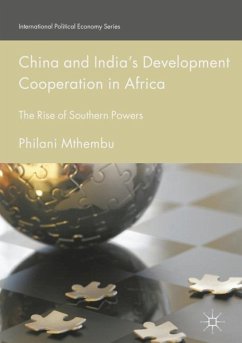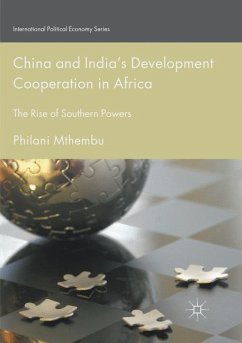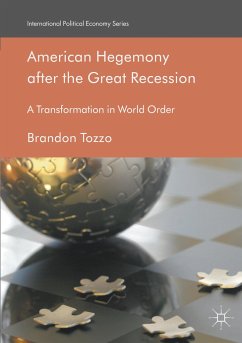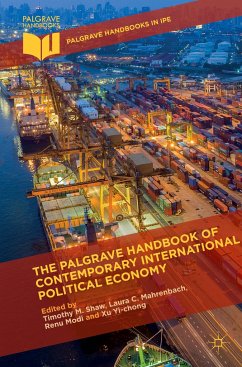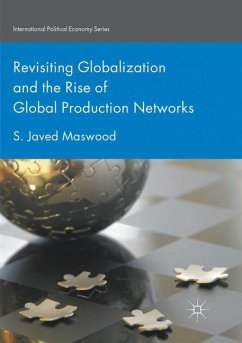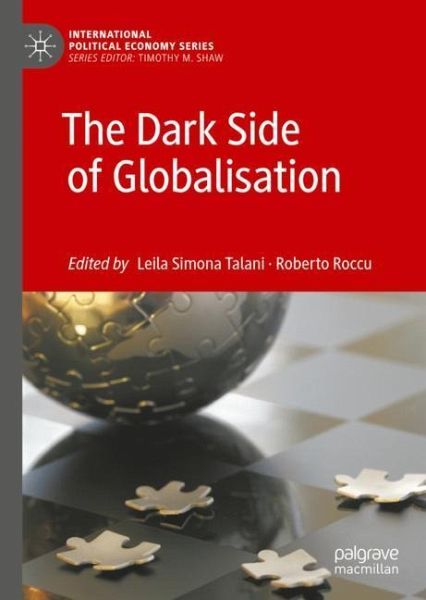
The Dark Side of Globalisation

PAYBACK Punkte
49 °P sammeln!
Firmly rooted in the International Political Economy (IPE) tradition, this book addresses the negative consequences of globalisation, what is termed here the 'dark side of globalisation'. It explores different definitions of globalisation, whether the globalisation we have seen since the 1970s is substantially new, and to what extent it can be governed. Building on these foundations, the work assesses the prospects for de-globalisation. By focusing on this dark side of globalistion, the authors show how the global economic crisis, and its various local and sectorial manifestations, intensified...
Firmly rooted in the International Political Economy (IPE) tradition, this book addresses the negative consequences of globalisation, what is termed here the 'dark side of globalisation'. It explores different definitions of globalisation, whether the globalisation we have seen since the 1970s is substantially new, and to what extent it can be governed. Building on these foundations, the work assesses the prospects for de-globalisation. By focusing on this dark side of globalistion, the authors show how the global economic crisis, and its various local and sectorial manifestations, intensified - rather than generated - existing trends. This scholarship provides an account of the current predicament that is both more complex and more persuasive than the opposition between globalisation and de-globalisation.





